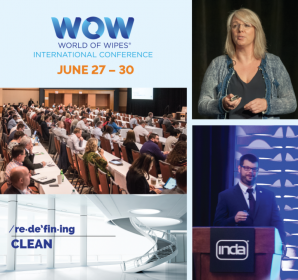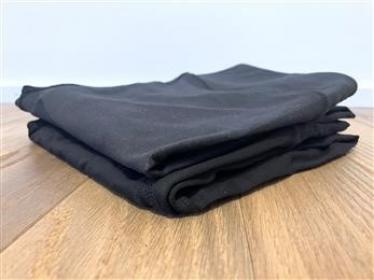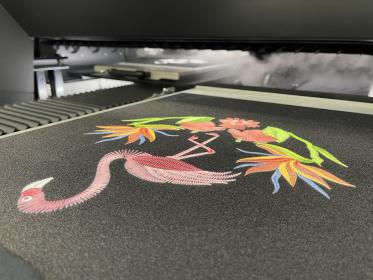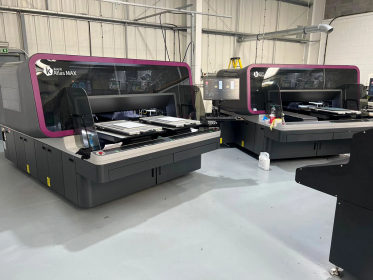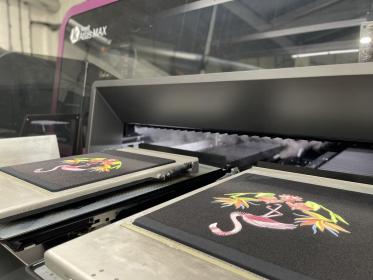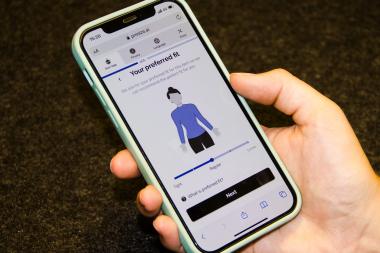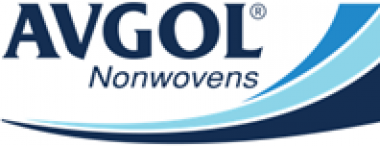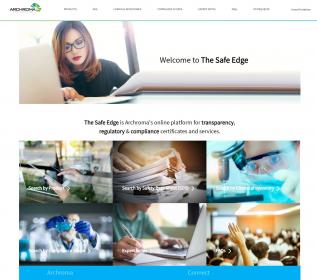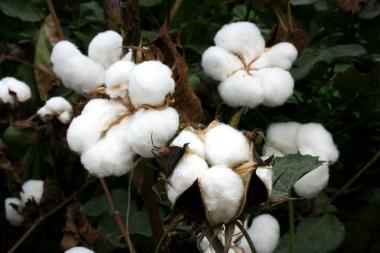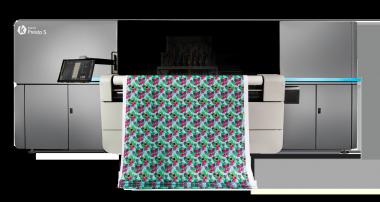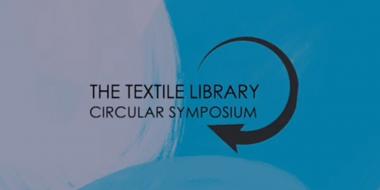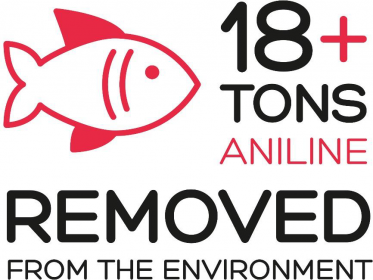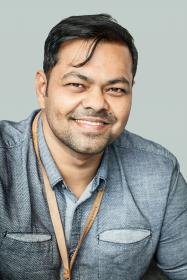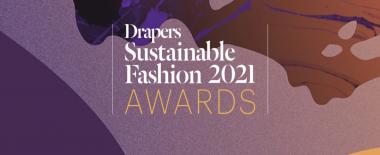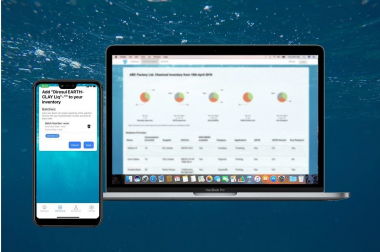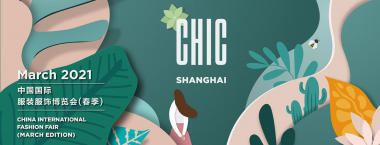Policy Hub: Media Masterclass on Transparency in the Apparel & Footwear Industry
Policymakers and industry stakeholders recently convened for an enlightening conversation on the challenges that the apparel and footwear industry is facing regarding the communication of reliable information to consumers and the drastic change that is needed through smart regulation. Hosted by the Policy Hub, Circularity for Apparel and Footwear, and Global Fashion Agenda, the non-profit that fosters industry collaboration on sustainability to drive impact, the masterclass presented media with views on the steps that must be taken to prevent greenwashing and empower consumers.
The Policy Hub - Circularity for Apparel and Footwear – represents more than 700 brands, retailers, manufacturers, and other stakeholders from across the globe, covering more than 50 per cent of the apparel and footwear sector. During the masterclass, Baptiste Carrière-Pradal, Chair, Policy Hub, presented its position on the EU Consumer Empowerment Initiative and the importance of Substantiating Green Claims through the new standardised methodology of the Product Environmental Footprint (PEF).
A first panel was kicked off by the European Commission representative who provided attendees with an overview of what is new about the PEFCRs for apparel and footwear. That led to an interesting and informed discussion with brands and other organisations which showed both the benefits of the PEF and the improvements needed in its methodology for it to fully reflect the complexity of the industry.
Overall, discussions showed the need for the topic to be addressed globally, apply a clear solid method to measure the environmental impact and for much more stringent legislation to regulate and ban greenwashing. As put by Baptiste Carriere-Pradal, Chair of the Policy Hub: “There will be challenges, the journey is long but now is the time for clear and ambitious regulation that will help us change the industry.”
You can watch the Media Masterclass here.
Global Fashion Agenda






